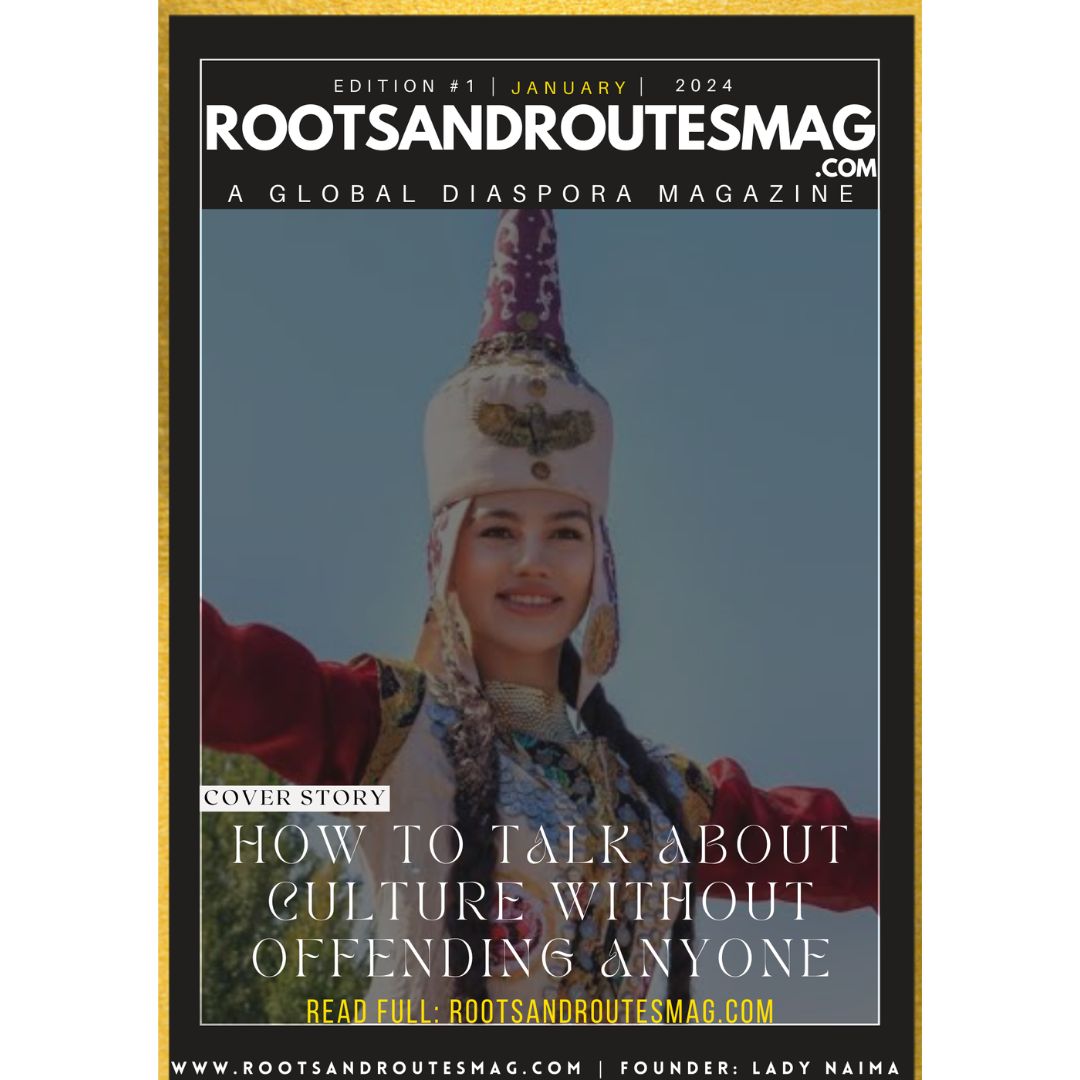How Food Reflects the Cultural Identity of a Community

Food is much more than sustenance; it is a reflection of culture, history, and identity. Across the globe, communities express their traditions, values, and heritage through the food they prepare and consume. From the ingredients used to the methods of cooking and the rituals surrounding meals, food serves as a powerful symbol of cultural identity, connecting individuals to their roots and preserving traditions for future generations. In this article, we’ll explore how food reflects the cultural identity of a community and the significance of culinary traditions in shaping our sense of belonging and heritage.
Culinary Traditions as Cultural Heritage
Culinary traditions are an integral part of cultural heritage, passed down through generations and enriched by centuries of history and storytelling. Each dish carries with it a narrative of migration, colonization, trade, and adaptation, reflecting the diverse influences that have shaped a community’s identity over time. Whether it’s the spicy flavors of Indian curry, the savory noodles of Italian pasta, or the hearty stews of African cuisine, culinary traditions serve as a living testament to the resilience, creativity, and adaptability of a community’s ancestors.
Ingredients and Flavors as Cultural Signifiers
The ingredients and flavors used in traditional dishes often serve as cultural signifiers, conveying the unique identity and heritage of a community. From the aromatic spices of Southeast Asia to the bold flavors of Latin America, the choice of ingredients reflects the geographical, ecological, and historical context of a region. Certain ingredients may hold symbolic significance, representing prosperity, fertility, or spirituality, while others may be imbued with memories of home and belonging. By preserving and celebrating these ingredients, communities reaffirm their cultural identity and forge connections to their ancestral roots.
Rituals and Customs Surrounding Food
In addition to the dishes themselves, the rituals and customs surrounding food play a significant role in shaping cultural identity. From traditional cooking methods and mealtime etiquette to religious ceremonies and festive celebrations, food-related rituals serve as expressions of shared values, beliefs, and social norms within a community. Whether it’s the communal feasts of Thanksgiving in the United States, the tea ceremonies of Japan, or the street food festivals of Thailand, these rituals foster a sense of belonging and solidarity among individuals and strengthen the bonds of community.
Food as a Bridge Between Generations
Food serves as a powerful bridge between generations, connecting elders with younger members of the community and preserving cultural heritage for future generations. Through the act of cooking and sharing traditional recipes, families pass down not only culinary techniques but also stories, memories, and values that embody the essence of their cultural identity. The kitchen becomes a place of intergenerational exchange, where knowledge is transmitted, traditions are honored, and bonds are strengthened through the shared experience of preparing and enjoying meals together.
Celebrating Diversity and Unity Through Food
In an increasingly interconnected world, food has the power to celebrate diversity and foster understanding among different cultures and communities. Through the sharing of recipes, the exploration of new cuisines, and the appreciation of culinary traditions from around the globe, individuals can forge connections, break down barriers, and celebrate the rich tapestry of human experience. Food festivals, cultural exchanges, and community kitchens serve as platforms for dialogue, collaboration, and mutual respect, highlighting the universal language of food as a source of unity and celebration.
Conclusion: The Tapestry of Culinary Diversity
In conclusion, food is a reflection of the cultural identity of a community, embodying its traditions, values, and heritage in every bite. From the ingredients used to the rituals surrounding meals, culinary traditions serve as a powerful expression of shared history and collective memory. By celebrating diversity, preserving culinary heritage, and embracing the universal language of food, communities can foster greater understanding, empathy, and appreciation for the richness of human experience. As we savor the flavors of the world, let us recognize the profound significance of food in shaping our sense of belonging, identity, and cultural heritage.

Tariq Riaz is a passionate web developer and content generation expert.









